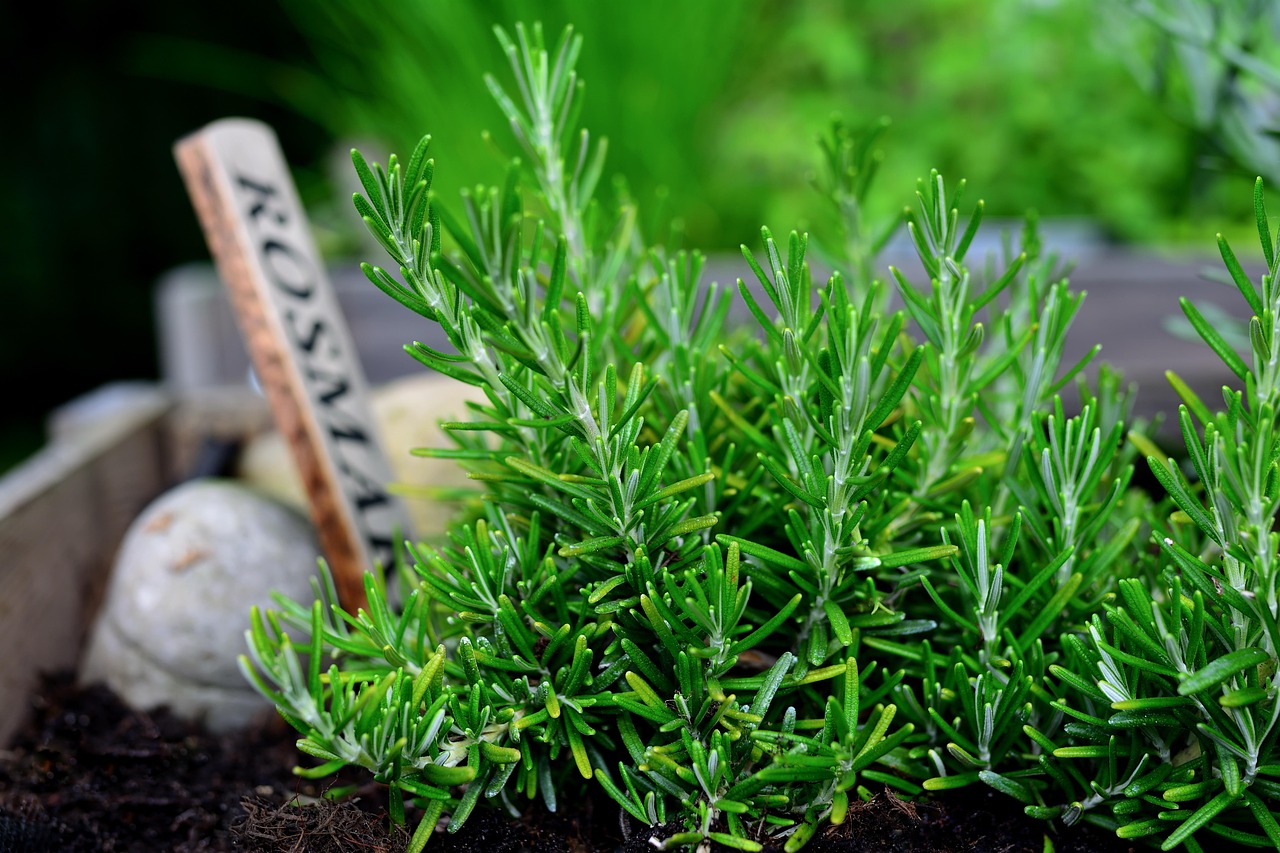
Just because the world outside is wrapped in frost doesn’t mean your meals have to taste dull or lifeless. Winter is the perfect time to bring a pocket of green indoors — and with the right herbs, you can have a kitchen garden that thrives even as temperatures plunge. Ready to grow flavor, fragrance, and freshness right on your windowsill? Let’s explore the Best Indoor Herb Gardens to Grow in Winter, so you can keep cooking with vitality all season long.
The Magic of Indoor Winter Herb Gardens
Growing herbs indoors isn’t just about convenience. It’s about creating a cozy ecosystem that boosts your mood, scenting your home naturally, and providing ultra-fresh ingredients for soups, teas, and hearty comfort food. But which herbs are truly winter warriors — and how do you keep them alive in dry, chilly air?
Top Herbs That Thrive Indoors During Winter
1. Basil — The Winter Rebel
Varieties to grow indoors
- Sweet Genovese
- Purple basil
- Greek mini basil
Care tricks for winter
- Needs 6–8 hours of light daily — place directly in a south-facing window
- Water when soil feels slightly dry, never soggy
Why it’s worth it? Basil brings summer energy to winter pasta dishes and brightens gloomy afternoons with its peppery scent.
2. Mint — The Hardy Comeback King
Perfect varieties for indoor pots
- Peppermint
- Spearmint
- Chocolate mint
Winter care essentials
- Thrives in cool temperatures (60–65°F)
- Prefers consistently moist soil — don’t let it dry out
Use it for: Teas, infused water, mojitos, lamb dishes — or simply to freshen up your kitchen air.
3. Chives — Tiny Shoots, Big Flavor
Why chives love winter
- Naturally tolerant of cold; adapts quickly indoors
- Continues growing after multiple snips
How to grow thriving chives
- Use wide, shallow pots
- Bright sunlight or supplemental grow light required
Bonus tip: Chop chives over eggs, potatoes, or creamy dips for a lively onion-like kick.
4. Rosemary — The Scent of Winter Cooking
Best varieties for pots
- ‘Blue Boy’ (dwarf type)
- ‘Arp’ (cold Hardy)
Maintenance checklist
- Needs high humidity and airflow
- Let soil dry between waterings
Why grow it? Rosemary pairs beautifully with roasted vegetables, chicken, focaccia, and holiday stews.
5. Thyme — Small Leaves, Immense Aroma
Thyme varieties for indoor success
- Lemon thyme
- English thyme
- Creeping thyme
Winter growing guide
- Loves full-spectrum grow light
- Edges of soil should never stay soggy
Kitchen use: Fantastic for flavoring broths, casseroles, and roasted root vegetables.
6. Parsley — The Vitamin-Packed Powerhouse
Two types to choose
- Curly leaf (ornamental look)
- Flat-leaf Italian (big flavor punch)
Winter survival tips
- Cooler rooms around 55–65°F suit parsley
- Harvest outer leaves first to allow new growth
Fun fact: Parsley is high in iron and vitamin C — perfect for boosting winter immunity.
7. Oregano — Pizza’s Best Friend, Indoors
Varieties that do well indoors
- Greek oregano
- Italian oregano
Key care pointers
- Bright light lover (minimum 6 hours)
- Trim back often to keep compact and bushy
Flavor note: Adds earthy, warm tones to roasted meats and tomato-based sauces.
How to Set Up a Winter-Proof Indoor Herb Garden
Choosing the Right Containers
- Clay pots help prevent overwatering by allowing soil to breathe
- Self-watering planters are great for forgetful waterers
- Hanging planters & vertical racks save counter space
Ideal Windows & Lighting
- South-facing windows are best during dark winter months
- Supplement with LED grow lights if daylight is under 6 hours
- Rotate pots weekly for even growth — herbs lean towards the light
Soil & Watering Rules
- Use light, well-draining potting mix — not garden soil
- Water only when top 1–2 inches are dry
- Avoid waterlogging — herbs hate wet feet
Boosting Humidity
Indoor heat can dry out delicate herbs. Try:
- Placing pots on pebble trays filled with water
- Misting leaves lightly every few days
- Grouping plants together to create a microclimate
Common Questions About Growing Herbs Indoors in Winter
Can I grow herbs indoors without sunlight?
Yes — but you’ll need a grow light. Herbs like basil, oregano, and parsley demand bright light for robust growth.
Why do my indoor herbs keep dying?
Overwatering and poor light are the two biggest killers. Think bright and airy, not dark and damp.
Do I need fertilizer in winter?
Light feeding once a month with a diluted organic liquid fertilizer keeps herbs from becoming pale and weak.
